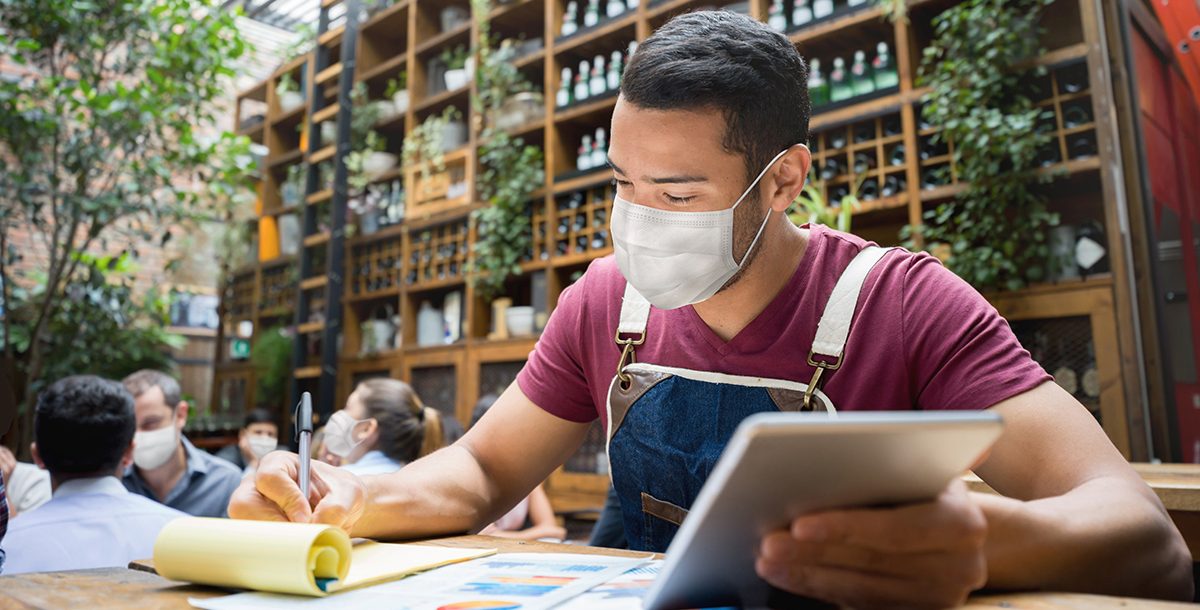It’s completely normal for viruses to mutate.
They’re made up of genetic material coated in protective proteins. After the virus goes into your body, it enters your cells to make copies of itself. From there, the virus goes on to infect other cells, copying itself and moving on. That’s how you end up getting sick.
During that process, an error can happen as the virus copies itself. That error is called a mutation. In many cases, those changes are minor. Sometimes they make the virus weaker. But every now and then, mutations can help the virus become more efficient.
A virus with one or more mutations is called a variant.
The COVID-19 variants that scientists are keeping an eye on
As more people get infected with COVID-19, the likelihood of troublesome variants increases.
If you’ve watched news lately, it’s likely you’ve heard about some of the new COVID-19 variants popping up throughout the world. Officials in the U.S. are currently watching these variants.
Three of the variants researchers are trying to learn all they can about are:
- The United Kingdom (UK) variant, also called B.1.1.7, has been spreading since it was discovered in fall 2020. It appears to be more contagious, spreading faster and easier than other variants. The first U.S. case of this variant was found in late December 2020.
- The South African variant, also called B.1.351, was first detected in October 2020. Like the UK variant, it also appears to be more contagious. The first U.S. case was found in January 2021.
- The Brazilian variant, also called P.1, was first found when people traveling from Brazil to Japan were screened in January 2021. Scientists have determined that it has more mutations than the variants discovered in the UK or South Africa. This could affect the way antibodies recognize it in the body. The first case of this variant was found in the U.S. in late January 2021.
There’s not enough research available yet to figure out how widely these variants have spread. Researchers don’t know whether they cause more severe disease or not. They also don’t know exactly how these variants respond to the medicines used to treat COVID-19.
Public health agencies are currently monitoring the situation and working to learn more.
How to protect yourself from COVID-19 variants
Wondering how to protect yourself? The same COVID-19 protection guidelines still apply.
Physical distancing, handwashing and wearing face masks can help prevent the spread as well as help prevent more mutations. Also, consider wearing a surgical mask under your cloth face covering, especially in situations when physical distancing is hard to do.
Public health agencies also recommend getting the COVID-19 vaccine as soon as you are eligible.
We’re all in this together. Getting a handle on COVID-19 and its variants will take all the tools we have.
Stay updated on what Mercy Health is doing related to COVID-19.






